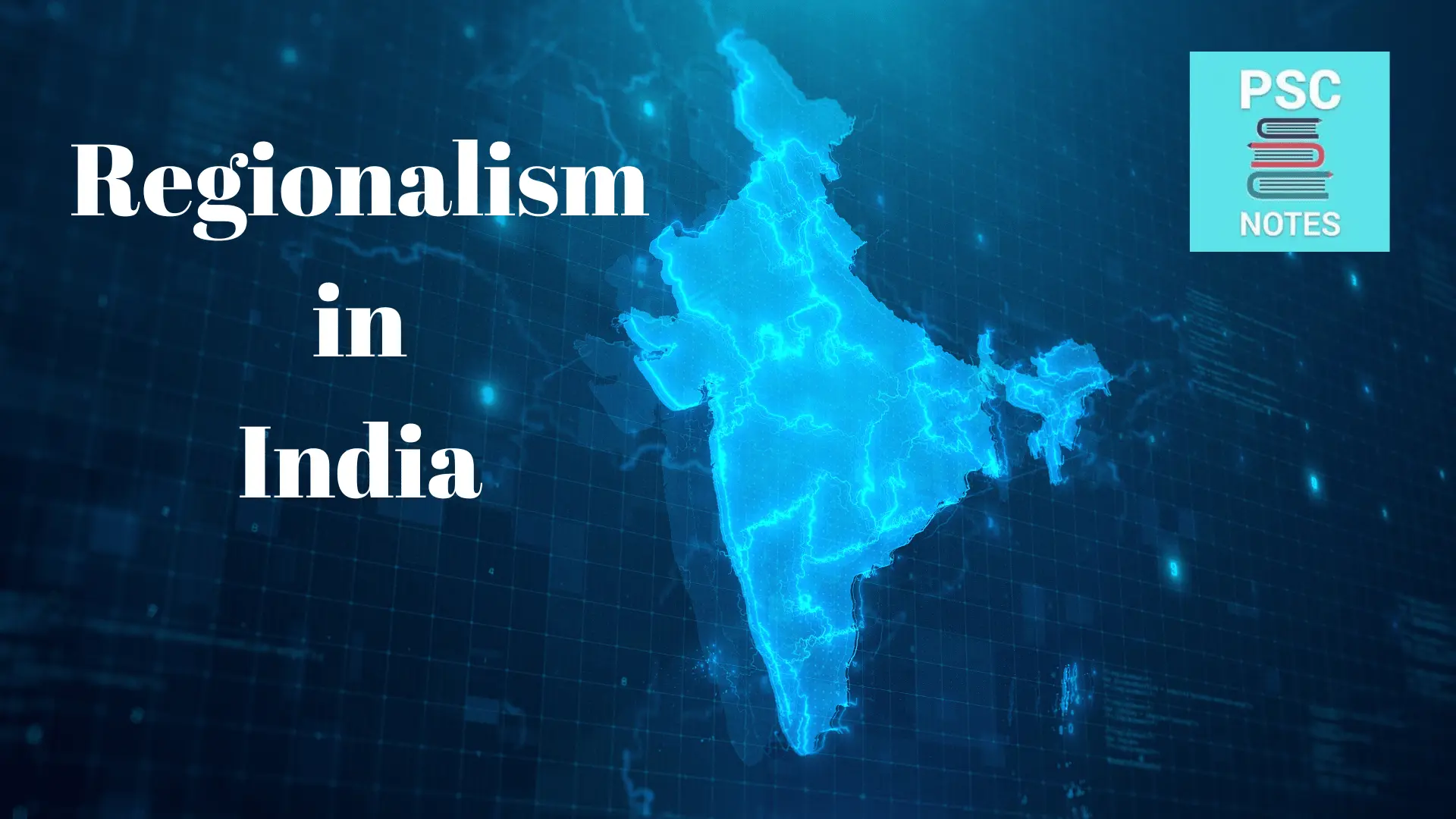Drainage System
The radial centrifugal drainage system of Jharkhand state has number of rivers. Most of these rivers remain relatively dry during summer months (February-May) but exhibit torrential flow during the months of monsoons (June-September). Jharkhand has a vast potential for generating hydel power as is exemplified by the location of the famous Damodar Valley Corporation … Read more
